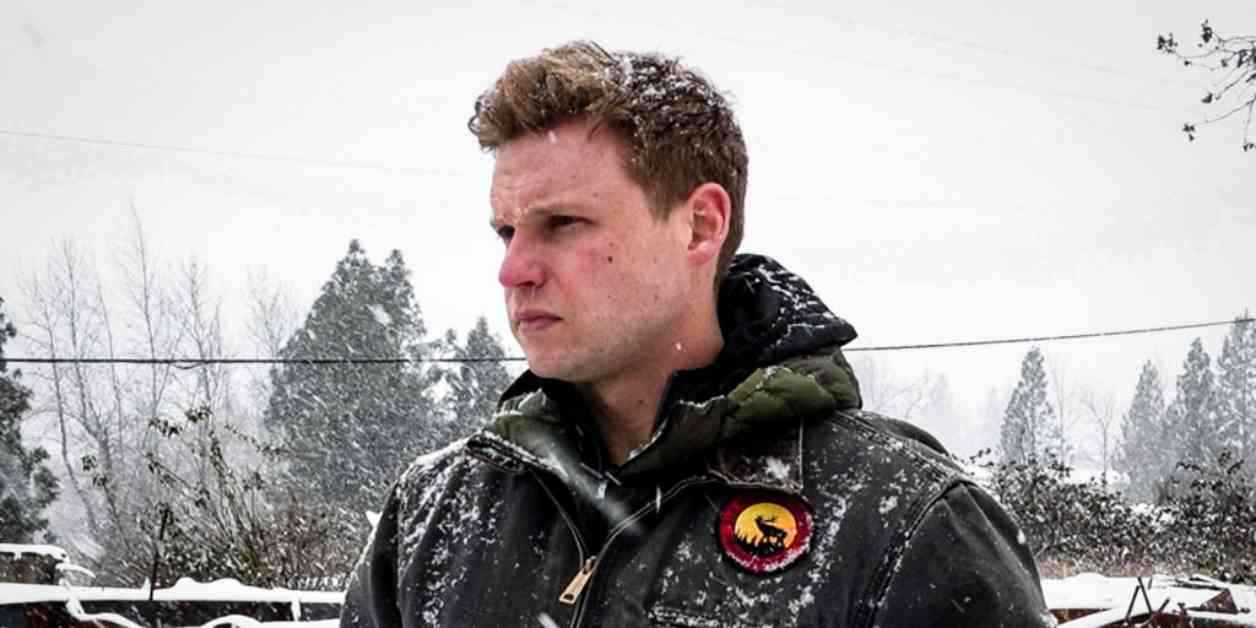Deadly Consequences: The Impact of a Federal Firefighter Hiring Freeze
In Skamania County, Washington, a federal firefighting captain, Ben McLane, has raised concerns about the consequences of a hiring freeze on thousands of federal firefighters. This decision, made by President Donald Trump, is expected to severely hinder the U.S. Forest Service’s ability to provide crucial lifesaving services amidst a national wildfire crisis. As a seasoned professional serving in the Gifford Pinchot National Forest in southern Washington, McLane voiced his worries to NBC News, highlighting the potential dangers that lie ahead.
A Critical Issue Unfolds
The U.S. Forest Service, along with the Bureau of Land Management and the National Park Service, rely on a workforce of over 15,000 career and temporary seasonal firefighters to manage fuel, combat wildfires, and offer assistance in emergencies under the National Incident Management System. However, the recent federal hiring freeze poses a significant threat to the operational capacity of these agencies, especially as the 2025 fire season approaches.
McLane emphasized the lengthy process of hiring federal firefighters, which includes mandatory background checks. His inability to bring on new team members due to the current freeze has left him concerned about the understaffing challenges that may arise during the upcoming fire season. As he surveyed the aftermath of the 2023 Tunnel 5 Fire under a blanket of snow in the Columbia River Gorge, McLane stressed the urgency of the situation.
Navigating Challenges in Firefighter Recruitment
Winter serves as a critical period for training and preparation in anticipation of the summer fire season. McLane, a board member of Grassroots Wildland Firefighters, shared his experiences and insights, shedding light on the demanding nature of the firefighting profession. His background as an elite “hotshot” firefighter in Lake County, California, underscored the dedication and commitment required in this line of work.
Reflecting on his extensive firefighting career that has taken him across the country, from Alabama to California, McLane highlighted the essential role of federal firefighters in responding to catastrophic events like the 2018 Camp Fire in Paradise, California. The challenges faced by these professionals underscore the critical importance of maintaining a robust and adequately staffed firefighting workforce.
Calls for Action Amidst Uncertainty
Despite the ongoing hiring freeze, the U.S. Department of Agriculture, which oversees the Forest Service, has expressed gratitude for the efforts of firefighters in combating recent wildfires. However, the impact of the freeze on recruitment and staffing levels remains a pressing concern for both current and aspiring federal firefighters. As McLane and his colleagues navigate uncertainties surrounding their employment status, the need for urgent action to address the hiring freeze becomes increasingly evident.
The Future of Wildfire Response Hangs in the Balance
As the 2025 fire season looms closer, the implications of the hiring freeze on federal firefighting efforts are becoming more pronounced. The experiences and expertise of seasoned firefighters like McLane are invaluable assets that must be preserved to ensure effective wildfire response and public safety. The ongoing advocacy efforts by concerned individuals, including Democratic senators, underscore the urgency of addressing this critical issue before it escalates further.
In conclusion, the impact of the federal firefighter hiring freeze extends far beyond bureaucratic decisions—it has real-world consequences that could jeopardize lives and communities. The shared commitment of firefighters to their profession and the public underscores the need for swift and decisive action to address the challenges posed by the current situation. As McLane and his colleagues continue to navigate these uncertain times, their dedication to serving and protecting their communities remains unwavering.


